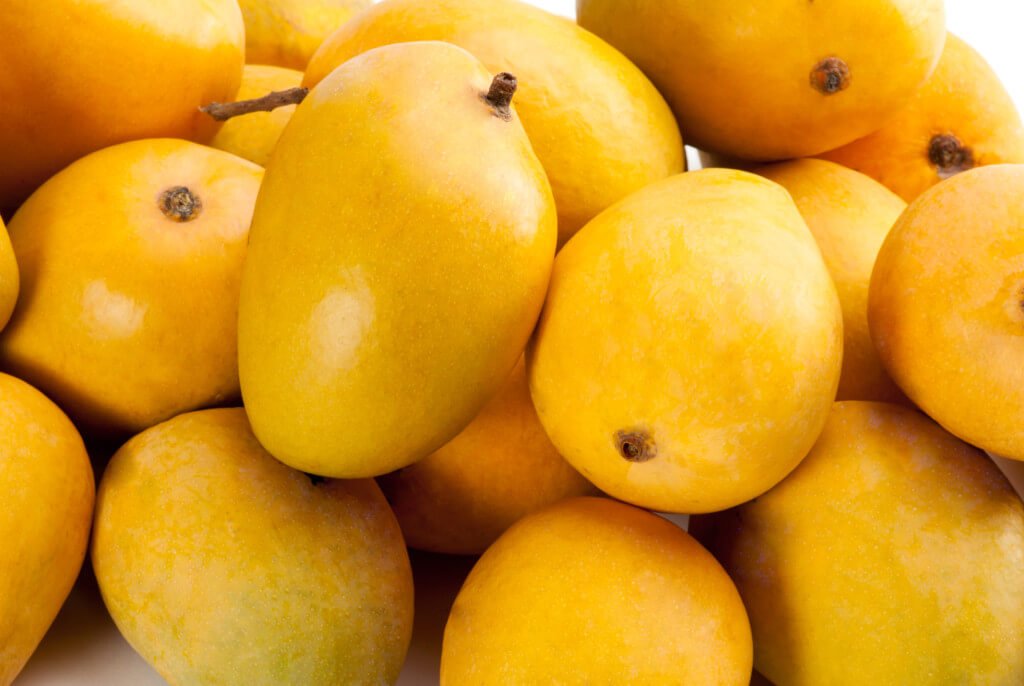Nutritional Value
Their nutritive value is relatively high.One hundred grams of raw mango (edible portion) contains water (81.7 g), Food energy (66 calories), Protein(0.7 g), Fat(0.4 g), Carbohydrates(16 g).
Although mango is grown in almost 111 countries, India is the largest producer in the world accounting for approximately 50% of the total world production.


